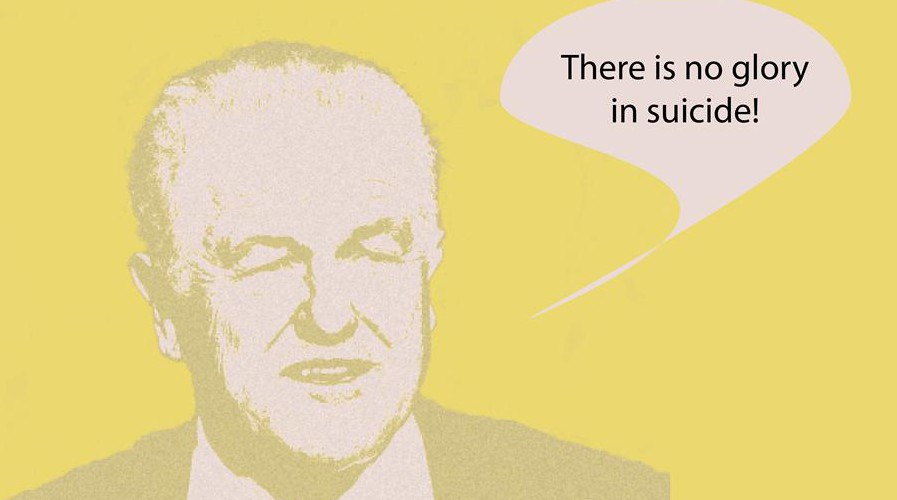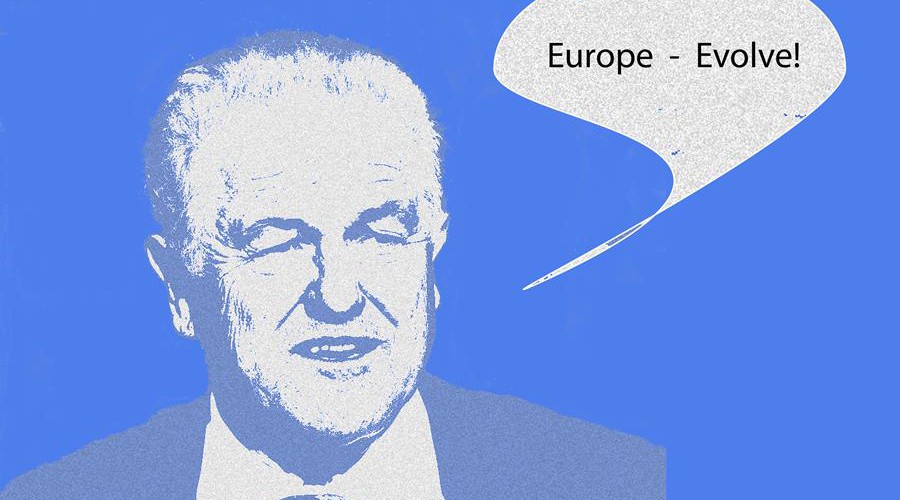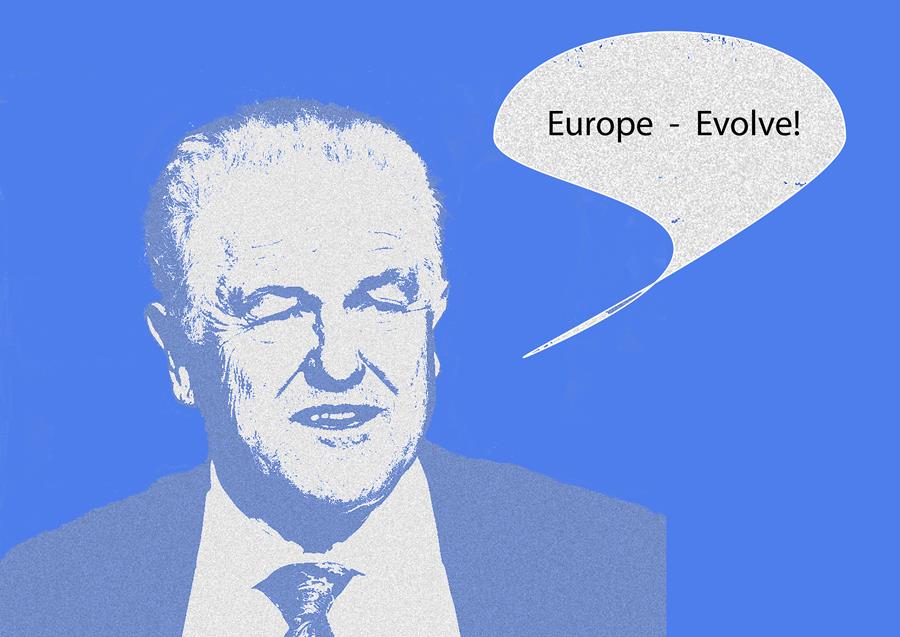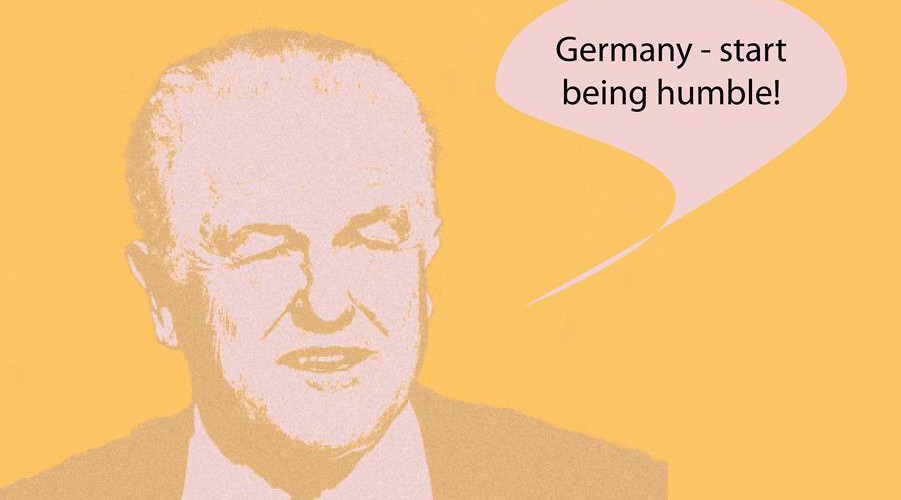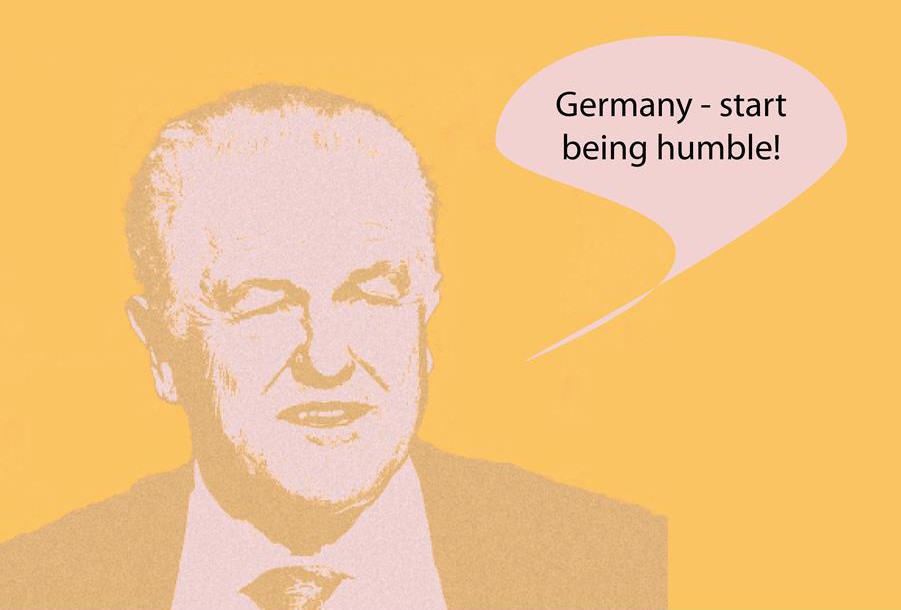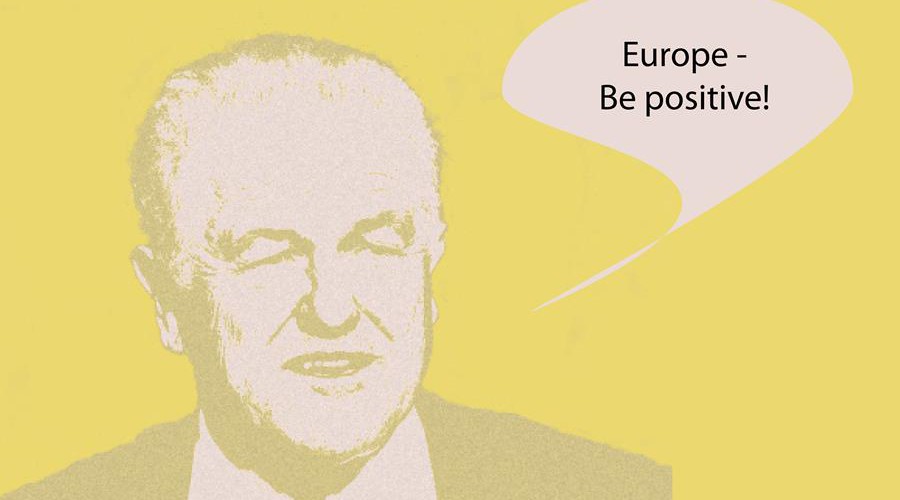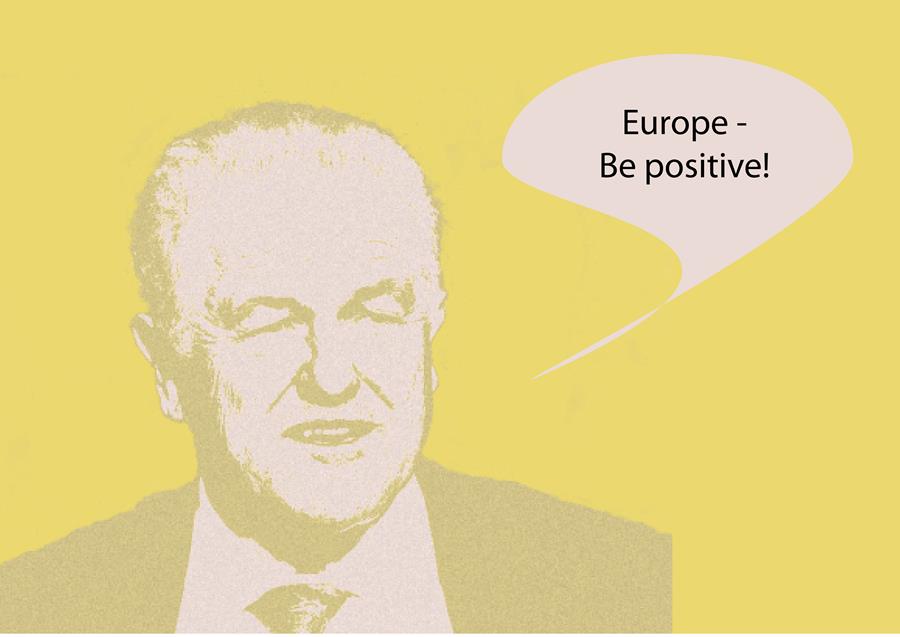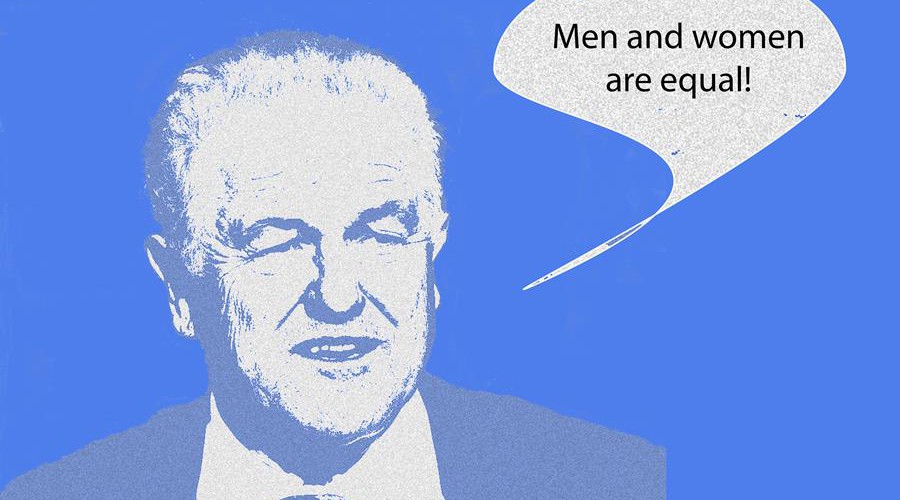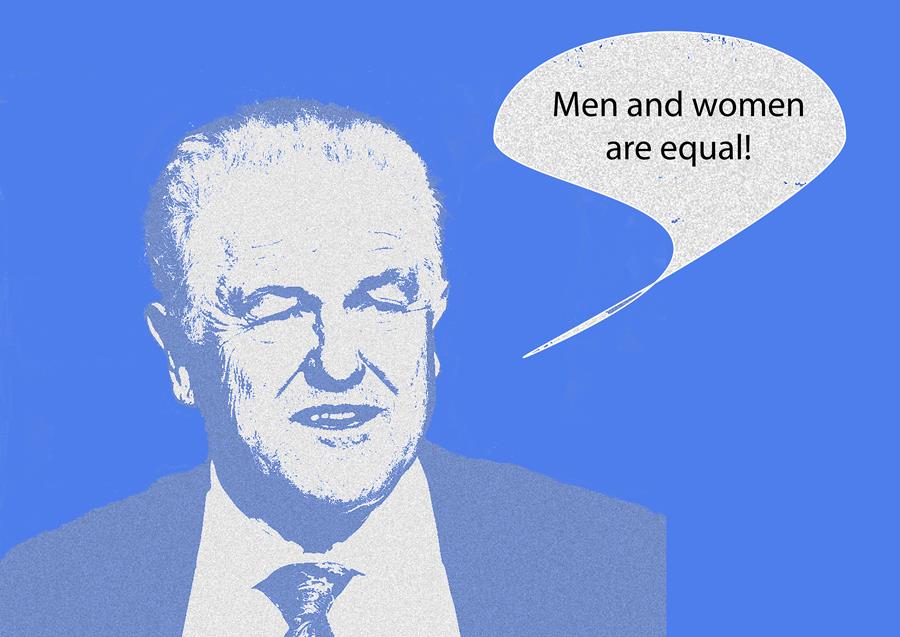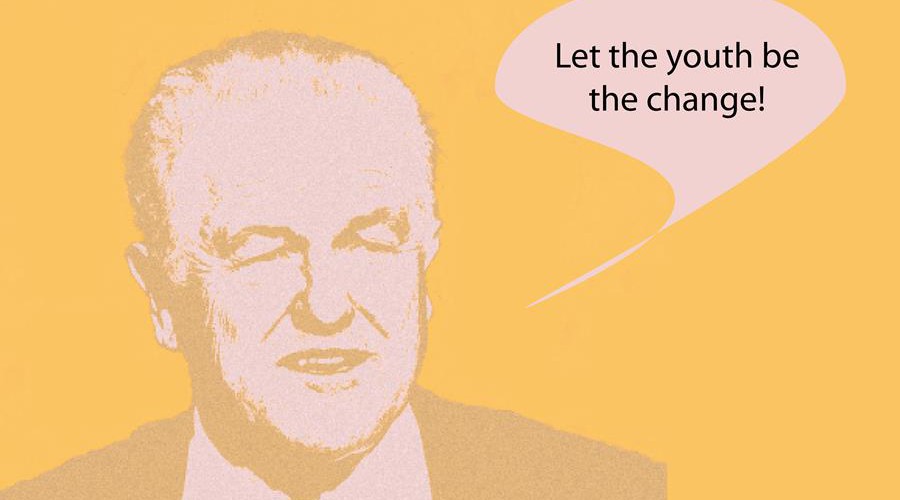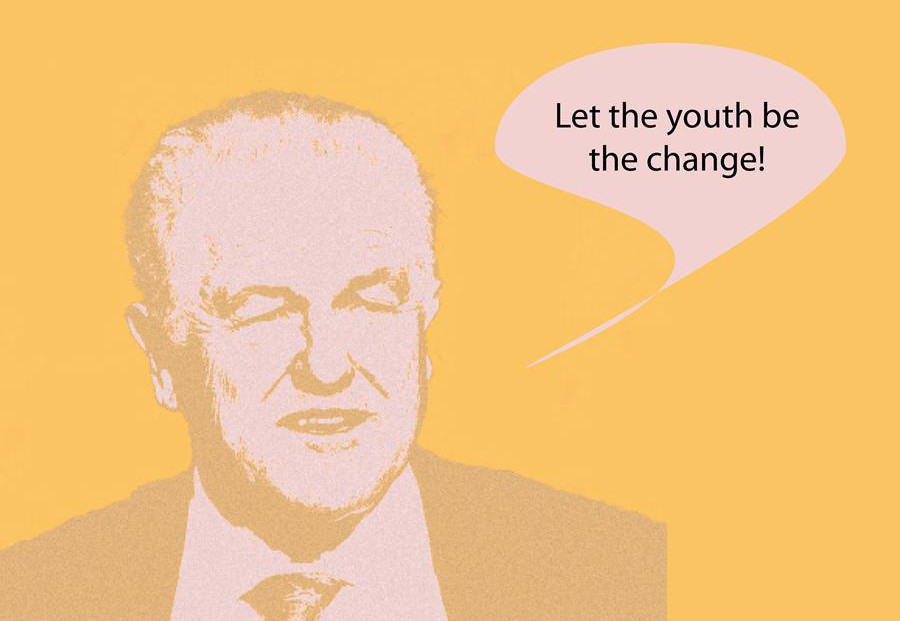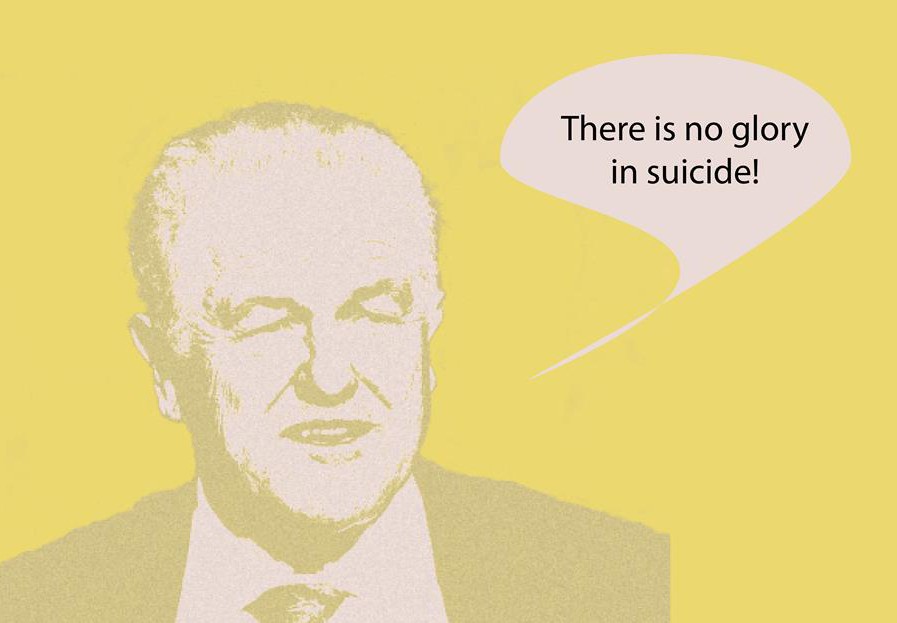
The terrible crash of the Germanwings airplane on Tuesday, 24th March 2015, is particularly shocking as it was caused – as far as the official investigation has proclaimed – deliberately by a single person who had decided to end his life. He did it full knowing that the lives of all other 149 passengers on board would end with his too.
This tragic suicide is not the first in history. Suicide happens in many variations and sadly enough one cannot for sure exclude that it would happen again – despite all intensified controls and despite all taken actions after the crash.
There is no glory in suicide. There is only sadness and emptiness.
Then why, one has to ask, do young people in Europe take the decision to join terroristic movements like the Islamic State (IS) in order to blow themselves and kill others? Is this suicide so very different from the one in March 2015? Ironically the world that is so much shaken by tragic wars and crisis is a globalized world, a world where the borders of communication increasingly fade away. The news of the deliberate airplane crash went around the world and sent waves of shocks, left people speechless. Empathy is with the victims.
In our modern information society where everyone can access every bit of information, the message of suicide should be clear – especially for young people: Suicide is not the next adventurous kick of your life but a sad way to vanish from this earth without leaving footprints.
For our society it is important though to try to understand and reintegrate these young people and to take their worries into account. Nowadays it is important to foster democracy and to take religious symbols and rituals seriously, but not to the extend that they justify exclusion, terror and murder.
In their basic idea democracy and religion are the same: They are peaceful and people want peace.
About the author:
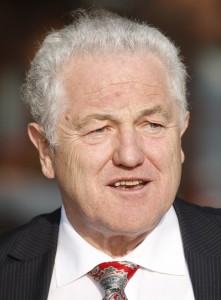 Prof. Dr. Manfred Pohl is the Founder and Chairman of Frankfurter Zukunftsrat, the think tank that organises “My Europe”. more…
Prof. Dr. Manfred Pohl is the Founder and Chairman of Frankfurter Zukunftsrat, the think tank that organises “My Europe”. more…

